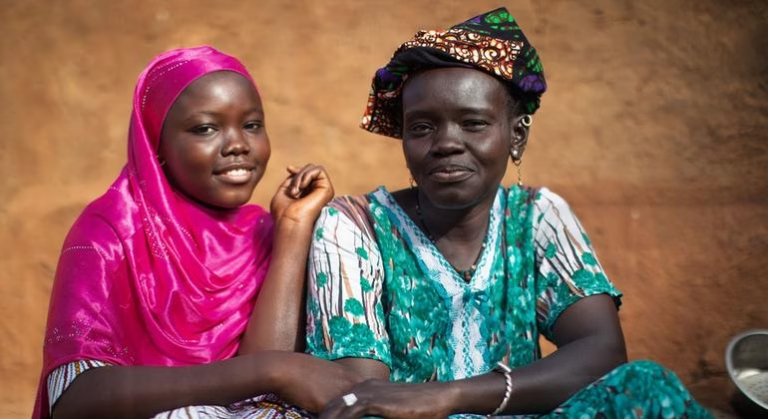
These issues are prevalent across all sorts of societies and age groups and are the second leading cause of long-term disability. They increase healthcare costs for families and governments while resulting in a loss of an estimated $1 trillion in productivity annually for the global economy, according to UN health experts.
Moving in the Wrong Direction
The findings are outlined in two new reports: World mental health today and the Mental Health Atlas 2024.
Together, these reports demonstrate that although there has been some progress since 2020, the world is still falling short in addressing the scale of the mental health crisis. These reports will contribute to discussions at a UN high-level meeting on noncommunicable diseases and mental health in New York later this month.
“Transforming mental health services is one of the most urgent public health challenges,” said Dr. Tedros Adhanom Ghebreyesus, Director-General of the World Health Organization.
“Investing in mental health is investing in people, communities, and economies, an investment no country can afford to ignore. Every leader has a responsibility to act urgently and ensure mental health care is treated as a basic right, not a privilege.”
Disturbing Gaps and Uneven Progress
The reports highlight several striking findings:
- Women are disproportionately affected by mental health conditions, with anxiety and depression being most common among both sexes.
- Suicide claimed an estimated 727,000 lives in 2021 and is a leading cause of death among young people. On current trends, the world will not meet the UN target to reduce suicide deaths by a third by 2030.
- Government spending on mental health remains at just two per cent of health budgets, unchanged since 2017. High-income countries spend up to $65 per person, while low-income countries spend as little as four cents.
- The mental health workforce is dangerously understaffed in many regions, with only 13 mental health workers for every 100,000 people worldwide.
- Fewer than one in 10 countries has fully transitioned to community-based care, with most still relying heavily on psychiatric hospitals. Many patients remain hospitalized for over a year.
Despite these challenges, there have been positive developments. More countries are integrating mental health into primary healthcare and expanding early intervention programs in schools and communities.
Telehealth services are also becoming more accessible, although access remains uneven. Over 80 per cent of countries now include mental health support in emergency response, up from less than 40 per cent in 2020.
Urgent Need for Systemic Change
WHO is calling on governments to increase investment and reform, warning that the current rate of progress is too slow to meet global goals. Key priorities include:
- Improved financing for mental health services
- Stronger legal protection and rights-based legislation
- Greater investment in the mental health workforce
- Accelerated shift towards community-based, person-centred care
WHO emphasizes that mental health should be recognized as a fundamental human right. Without urgent action, millions will continue to suffer without support, leading to rising social and economic costs.
For more information on the UN’s advocacy for more resources to support mental health and wellbeing, visit this page on our colleagues’ site at www.un.org.
Source: https://news.un.org/feed/view/en/story/2025/09/1165759








